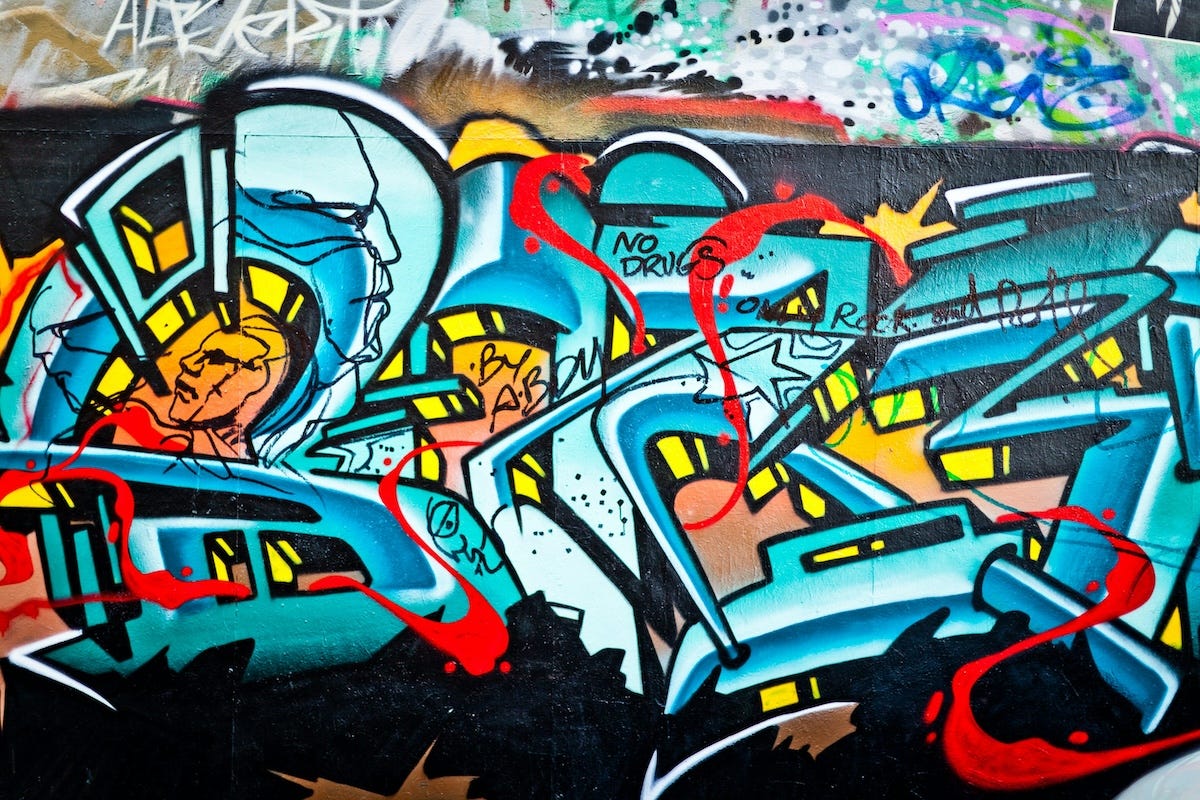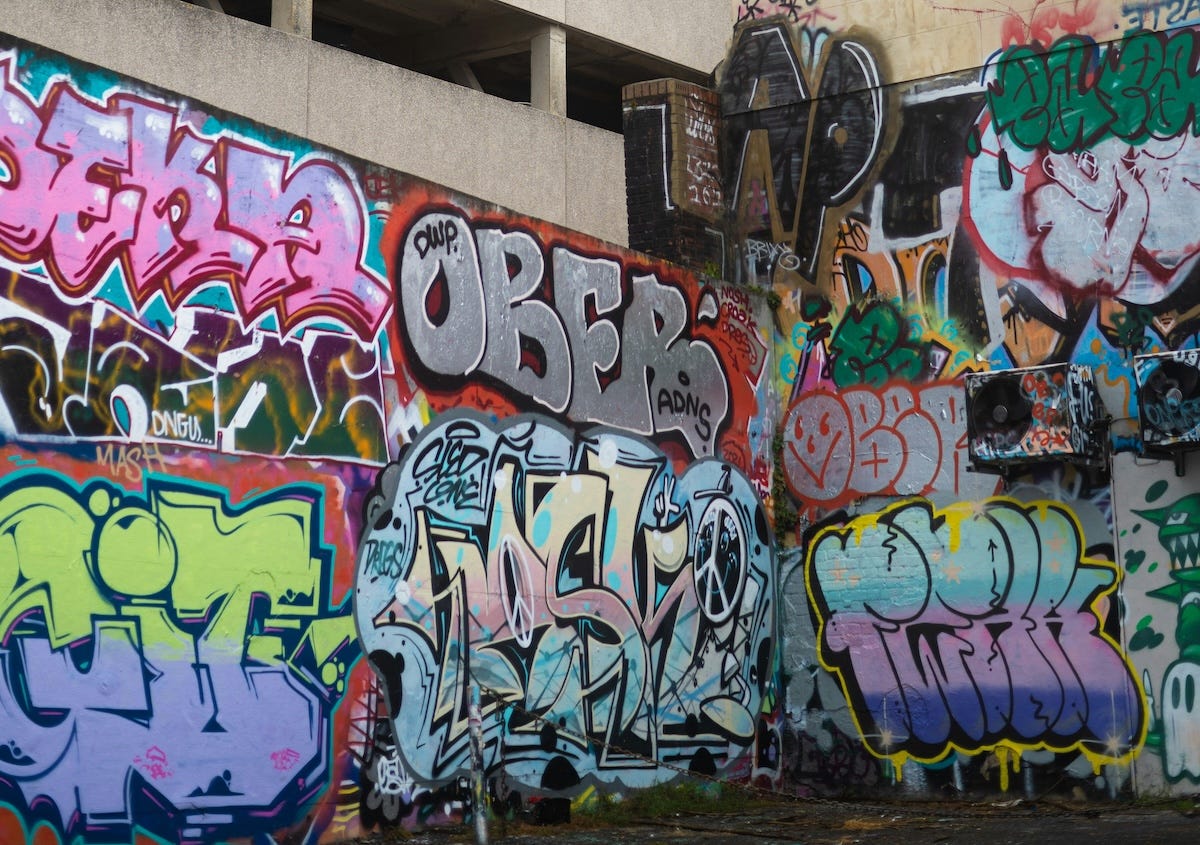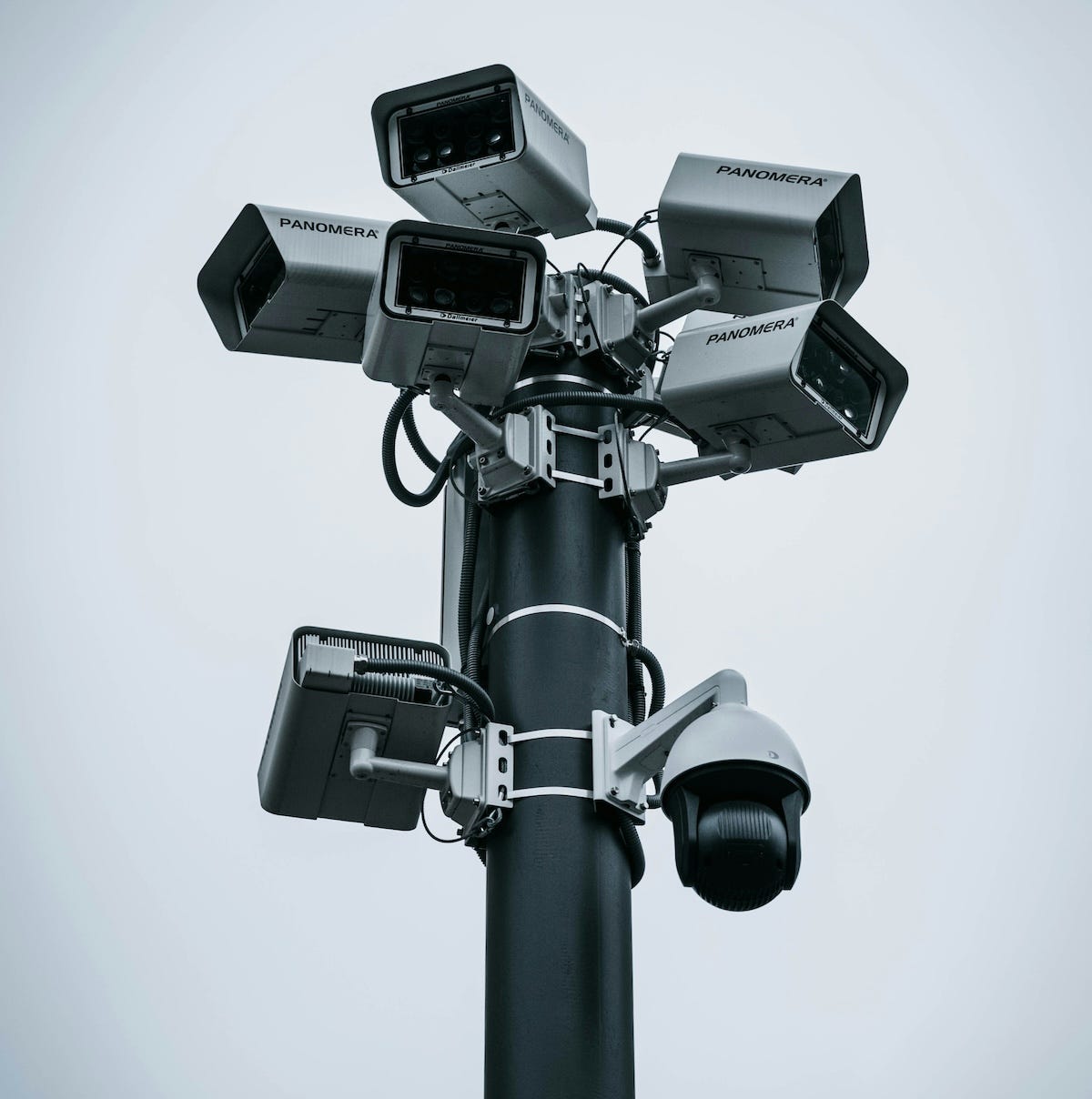If facial recognition software can’t put an end to graffiti in Britain’s towns and cities, then it should not be used for political crimes.
In Britain authorities use cameras to monitor private individuals in real time. They track cars using number plate software, and human beings using facial recognition software and analysis of gait.
The rationale for these intrusive measures is to prevent illegal activity as well as recording crimes for use in trials.
This troubles many since it places unsupervised control mechanisms in the hands of politicians and authorities increasingly out of touch with the interests of the majority.
Full-spectrum surveillance
The British Government has recently threatened to use this surveillance technology to clamp down on “extremists.”
Currently that means anti-immigration protestors, although there is provision for “anti-establishment” protestors too.
There is much Britain’s political class will not tolerate in the people who elevate them to power.
They have promised to relentlessly hound detestables using advanced spy technology, principally facial recognition software. This is specifically designed to identify individuals and track their movements in real time.
None of this has been requested by the public, and polls reflect considerable unease, particularly with facial recognition software, a powerful tool few are comfortable with.
Advocates of surveillance claim this erosion to our privacy is a necessary step to tackle crime. Cameras enable the police and authorities to identify criminals as well as detect and record the crimes they commit.
To the casual observer it sounds plausible and even reasonable. We won’t be using it to spy on you, only them. It has some public benefits.
This seems like a workable idea. So why is it so useless at stopping a very visible crime?
Graffiti everywhere
Graffiti is widespread in Britain. It defaces everything from temporary site fencing to national heritage landmarks.
It is vandalism, the damaging of property; an illegal activity no matter how colourful some find the end result.
The scale of graffiti in Britain’s towns and cities is a sign of general decline. Most authorities tasked with removing it cannot cope with the volume or the speed at which the vandals work.
Its prevention is a police matter, although they seem resigned to its existence. Few graffiti artists are ever caught or punished.
There are almost certainly more people in Britain’s jails for posting on social media than defacing private property.
Why aren’t they catching or even pursuing them?
Use these tools to solve real crimes
The standard justification for surveillance is it helps detect crime and identify criminals in the act, a succinct rationale with obvious benefits.
The counterargument reminds us this picture is incomplete; surveillance grids can be used to target and harass individuals. They provide Orwellian levels of potential control to governments and bureaucrats with minimal oversight.
They are also indiscriminate, sweeping up non-illegal activity such as normal everyday actions into a dragnet that can contribute to the creation of profiles of identifiable individuals, all without their knowledge.
Where they go, what they do, the social networks they maintain. All this is our business and not the remit of authorities to spy upon except in very specific circumstances.
Surveillance therefore is dangerous. If used at all it must be carefully controlled and prove its worth considering its potential dangers.
Enthusiasts deny these new technologies will be used to target or harass individuals. Their capacity to build profiles will not be exploited. This is the stuff of conspiracies.
So let them prove their worth by stopping vandalism using the same methods they are currently salivating over to tackle “right-wing hate.”
They can surely identify the individuals defacing our environment and punish them. If they can’t then why run the risk of invisible profiling and the dangers of dragnet surveillance?
The authorities have no blanket right to spy on us because they feel threatened.
If they do indeed care about the law, and those who break it, let’s focus on a much older unambiguous law with which to test these new tools. Vandalism has always been illegal. So let us start there.
If the goal is not to profile those the government feels threatened by, but instead to detect crime and the criminals involved, then we have a better candidate for the state’s scarce resources.
Until then it is too dangerous a technology for authorities to wield. We need to be convinced it won’t be used to target individuals who have committed no crimes.
Once an individual is identified the software enables authorities to then retrospectively search footage for a match. They can mount these fishing expeditions and build up a comprehensive profile of anyone. This would arguably be useful to track down graffiti artists; what else have they defaced? So why are they not?
The general indifference to “petty” crimes like graffiti while people are jailed for posting Tweets is itself a sign of steep decline in the morality of authority in Britain, a shift in focus to use policing and technology to manage attitudes and free speech only recently categorized as hate crimes.
We should therefore focus on their methods and scrutinize them more closely. We must use embarrassment to initiate change. Graffiti is visible, increasingly so. It is disliked by most. Focus on that.
This is the counter-message to the threats of an Orwellian surveillance grid. Leave the memelords for now and help us literally clean up Britain or we will replace you with competent people who can.








"Graffiti is widespread in Britain. It defaces everything from temporary site fencing to national heritage landmarks.
It is vandalism, the damaging of property; an illegal activity no matter how colourful some find the end result.
The scale of graffiti in Britain’s towns and cities is a sign of general decline."
This is exactly the reason why it is not stopped. The draining and demoralizing psychological effect of constant graffiti IS what Cabal wants.
Petty crime is no threat to the regime, so no need to persecute offenders. Same with violent crimes against individuals, barring the wrong political slant to it (whether real, imagined or alleged for purposes of weaponisation as propaganda). Same again with robberies, b&e, car-theft/-jacking, and narcotics or prostitution.
At worst, a token effort will be made from time to time, but far more resources are used and are available for anything with either/or:
X) A clear political bent in opposition to, or not aligned with, the regime
Y) Tax evasion/fraud/avoidance
Z) Establishing successful alternatives to regime mandates, products, efforts, et c
Logically then, someone opposing the regime must make a very conscious choice whether to do so openly and risk martyrdom, or clandestinely and risk be mistaken for a common criminal.
On the other hand:
If the regime is illegal and/or illegitimate and unjust and outright hostile to its people? XYZ then becomes acts of resistance, even rebellion no matter what. And forcing by very simple means, such as passively withdrawing support (in any way) for the regime, said regime to expend resources with an ever-increasing cost is the surest way to cause it to defeat itself.
Remember, the USSR fell largely thanks to its own actions. Why work, when it doesn't matter? Why do your best when you get nothing for it? Why contribute, when smarmy cheeky chinless wonders slither past you anyway?
Recommended reading for inspiration and ideas re: state of mind of the active passively resisting:
Brave Soldier Svejk, by Jaroslav Hasek.